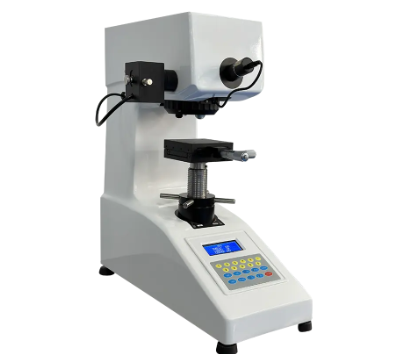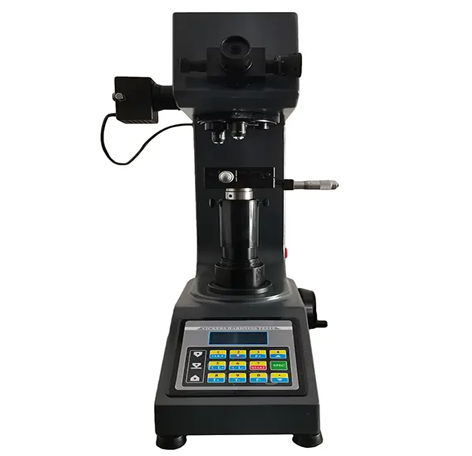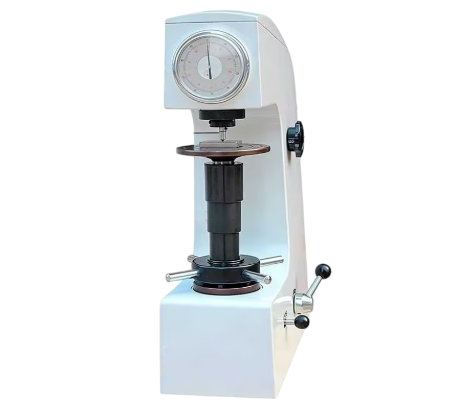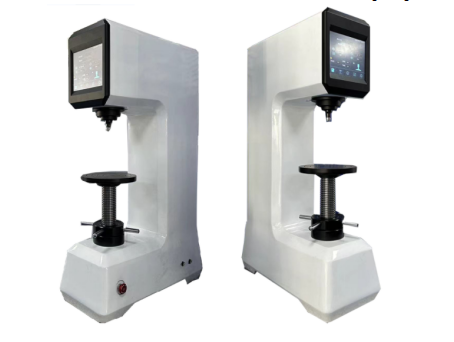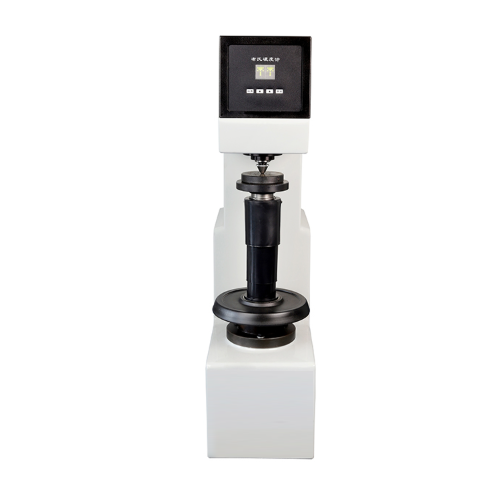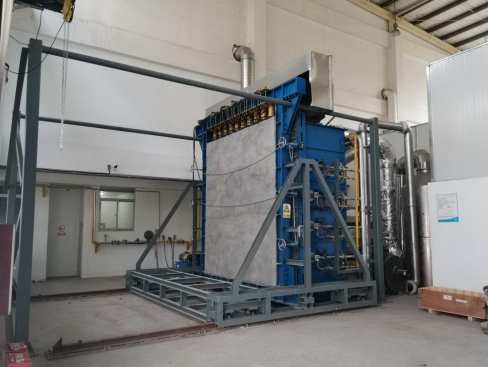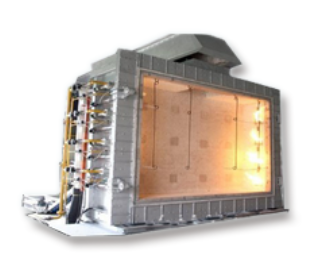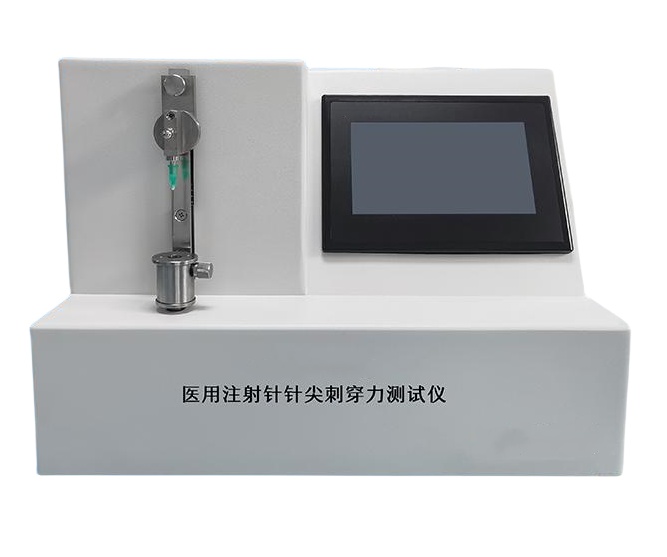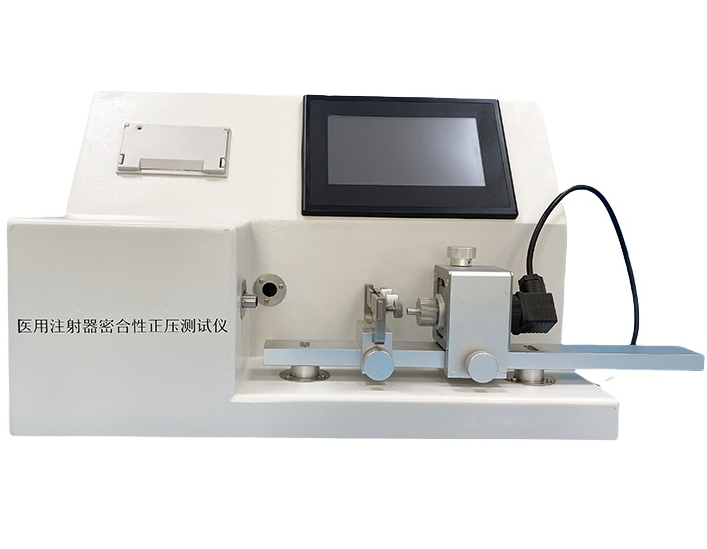Micro-leakage Sealing Integrity Tester
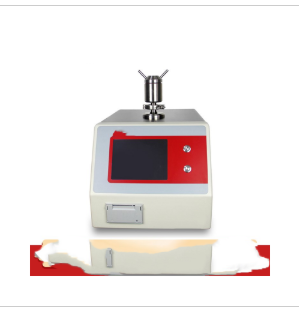
The micro - leak tightness tester is a high - precision detection device. The following is a detailed description of its main uses, compliance standards, and technical parameters:
I. Main Uses
The micro - leak tightness tester is mainly used to evaluate the sealing integrity of various packaging containers, ensuring that products will not be damaged or deteriorated due to leakage during transportation, storage, and use. Its application scope is extensive, including but not limited to: - **Pharmaceutical Industry**: It is used for the tightness testing of pharmaceutical packaging (such as glass bottles, ampoules, vials, plastic infusion bottles/bags, etc.) to ensure the quality and safety of drugs. - **Food Industry**: It tests the tightness of food packaging (such as sauce packets, beverage bottles, etc.) to prevent food from being contaminated or deteriorated during storage and transportation. - **Cosmetics Industry**: It is used for the tightness detection of cosmetics packaging to ensure the stability and safety of products. - **Chemical Industry**: It tests the packaging containers of chemical products to prevent the leakage of chemicals from causing environmental pollution or harm to the human body.
II. Compliance Standards
- USP <1207> “Container Closure Integrity Testing”: Applicable to the tightness testing of various pharmaceutical packaging containers, requiring testing equipment and methods to provide accurate and highly repeatable test results. - ISO 11607 - 1 and ISO 11607 - 2 Standards: Applicable to the integrity and tightness testing of medical device packaging, requiring the tester to meet the various technical requirements specified in the ISO standards. - GMP (Good Manufacturing Practice): Applicable to a series of guiding principles and regulations for product quality management in the pharmaceutical industry, requiring the design, manufacture, and verification of the tester to comply with GMP requirements. In addition, the micro - leak tightness tester may also comply with other international and industry standards related to packaging tightness testing, specifically depending on the equipment manufacturer and its intended use.
III. Technical Parameters
- **Testing Methods**: Vacuum decay method or pressure decay method is usually adopted for testing. Both methods can complete the tightness detection of packaging containers without damaging them. - **Testing Accuracy**: High accuracy is one of the important features of the micro - leak tightness tester. The equipment can detect tiny leakage holes, with an accuracy of up to 1μm or even smaller, ensuring that the tightness of each packaging container can be accurately evaluated. - **Testing Range**: The testing range is extensive, applicable to packaging containers of different sizes and shapes. Meanwhile, the equipment also has the ability to customize the test chamber for different samples to adapt to various specifications of specimens. - **Automation Level**: Controlled by a micro - computer, it has a high level of automation. Users only need to set the test parameters, and the equipment can automatically complete the testing process and output the test results, which greatly improves the testing efficiency and accuracy. - **Data Management**: It has data storage, processing, and statistical functions. It can record detailed data of each test, facilitating subsequent quality traceability and analysis. This is of great significance for long - term monitoring and improvement of the tightness performance of packaging containers. - **Adaptability**: The equipment has strong adaptability and can be used to test different types and materials of packaging containers. Whether it is a rigid container or a flexible package, this equipment can be used for testing.

Leave Message Get Price



